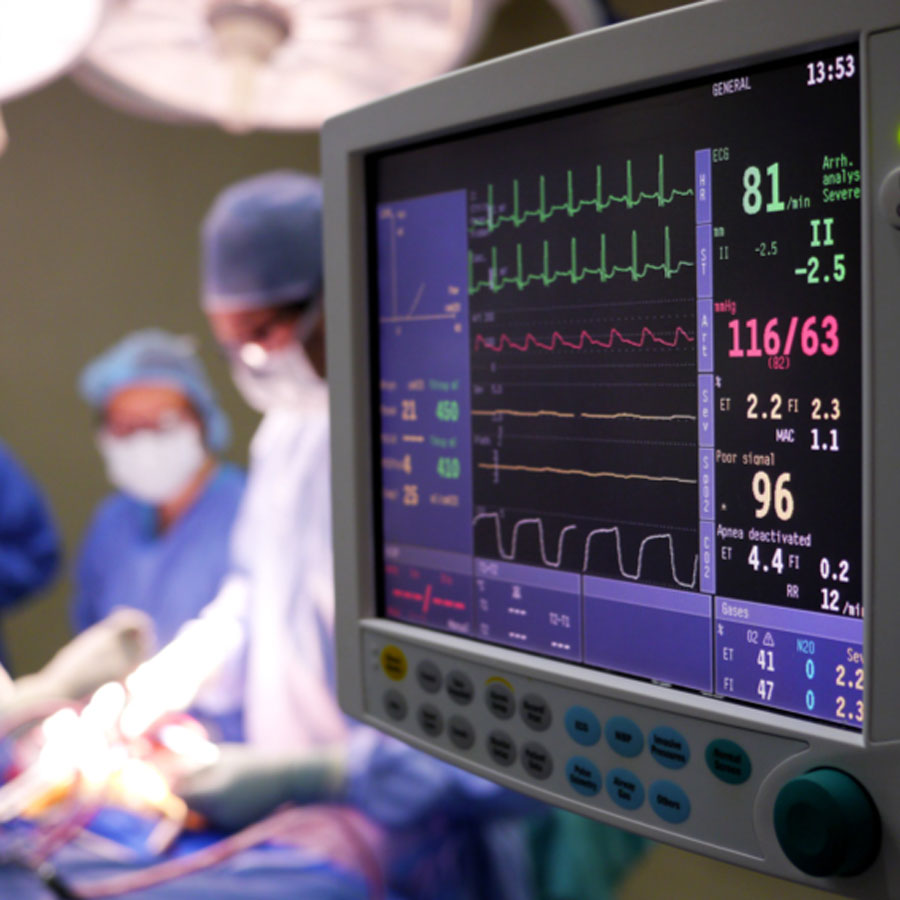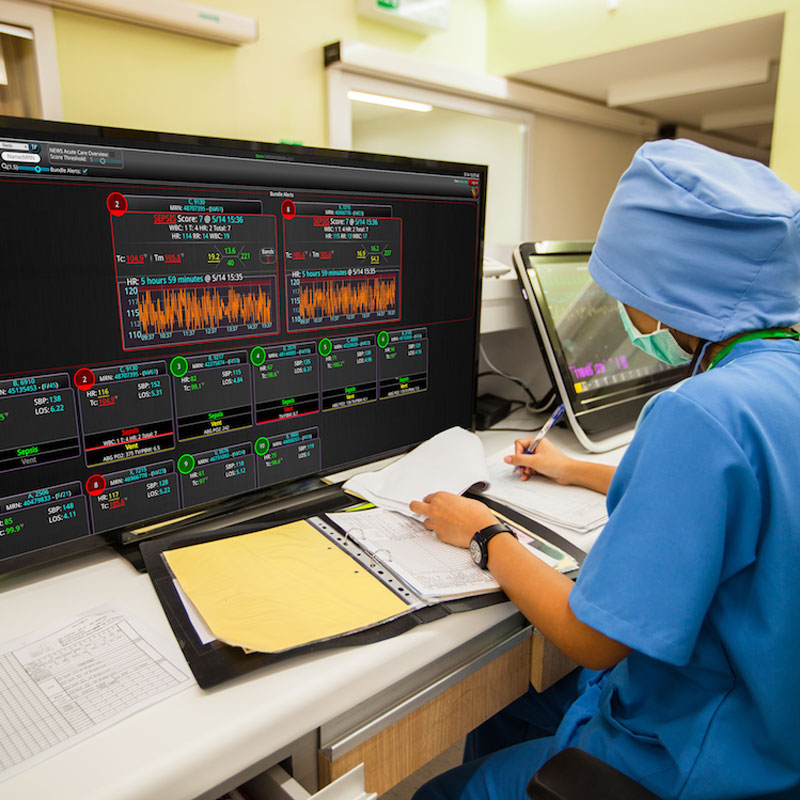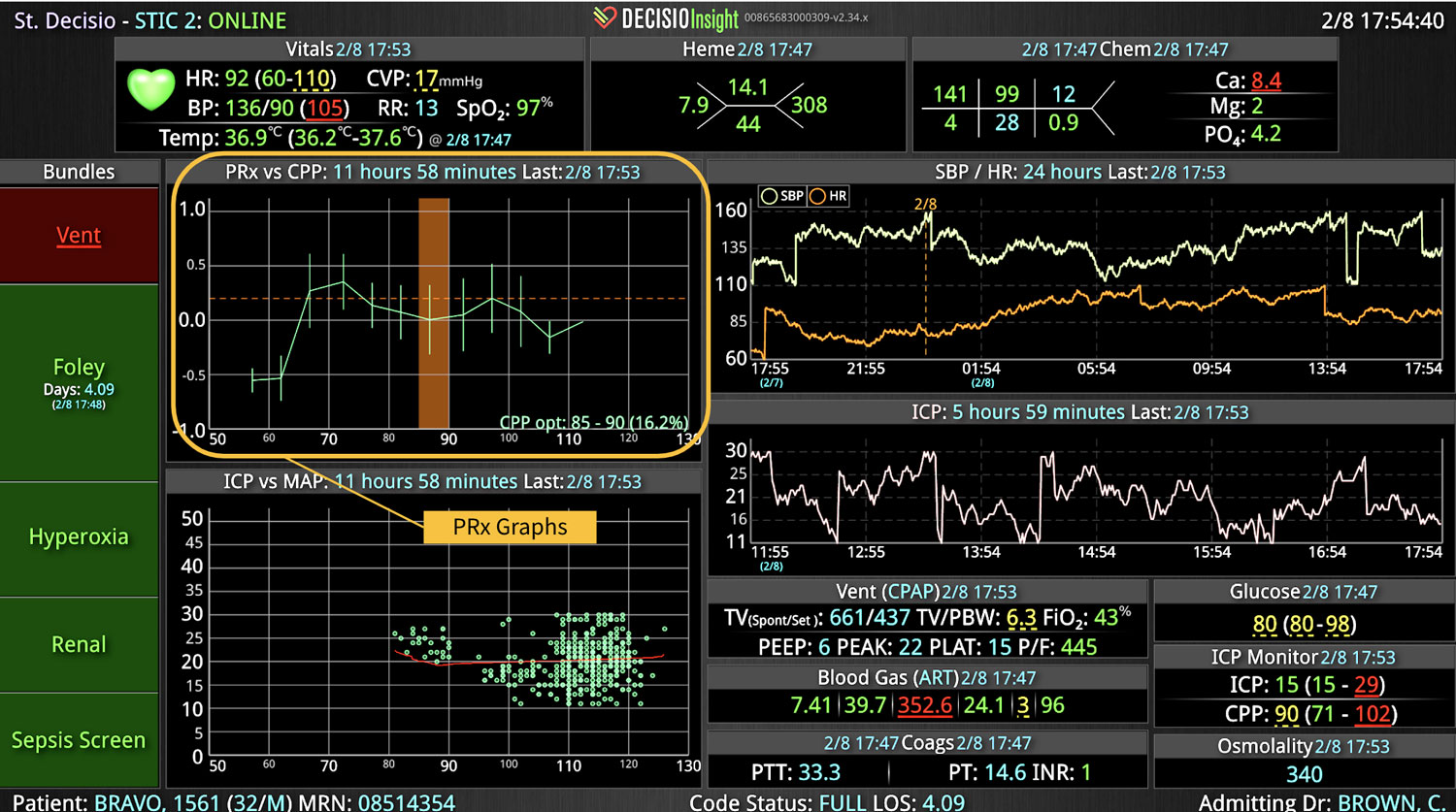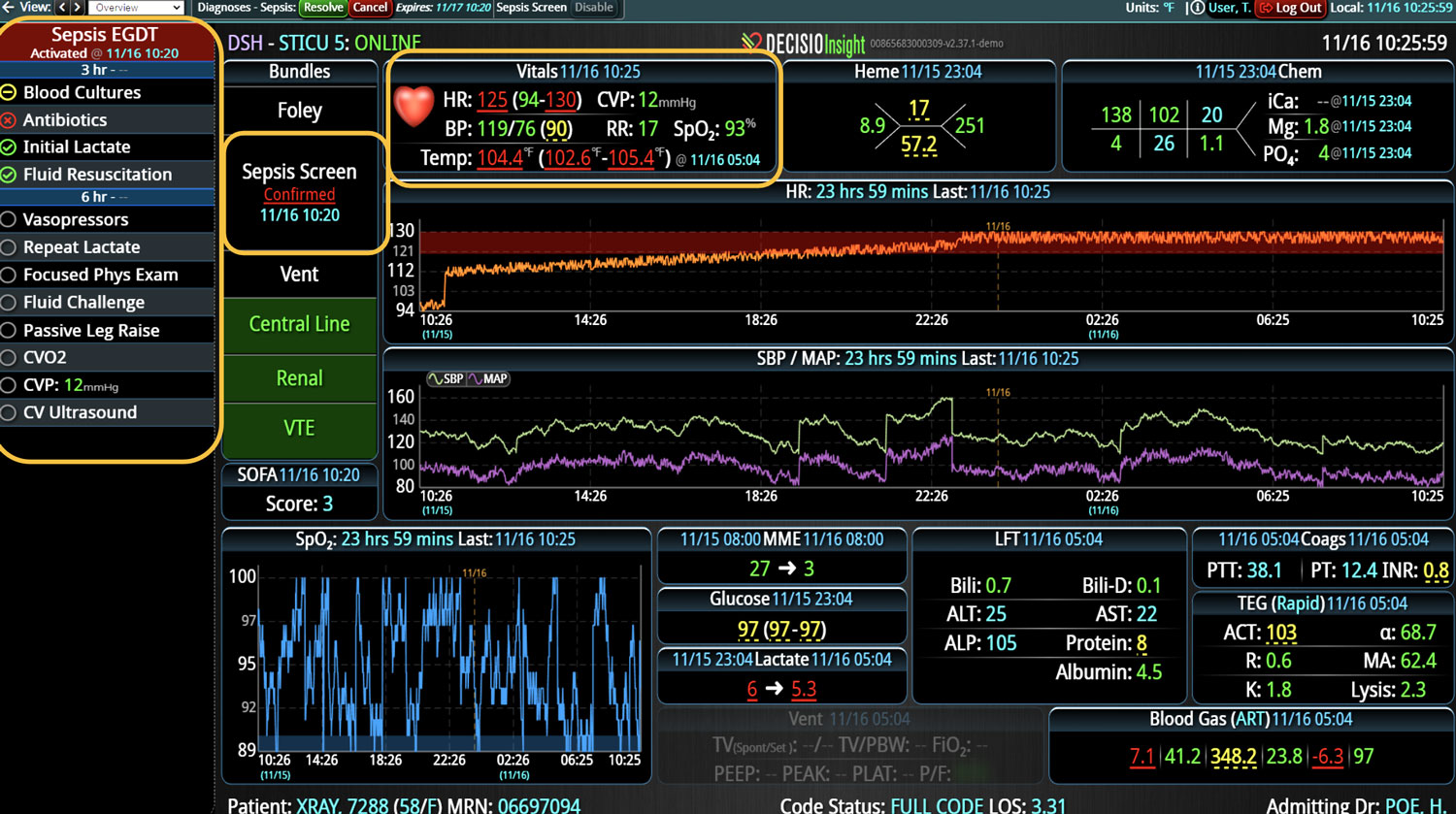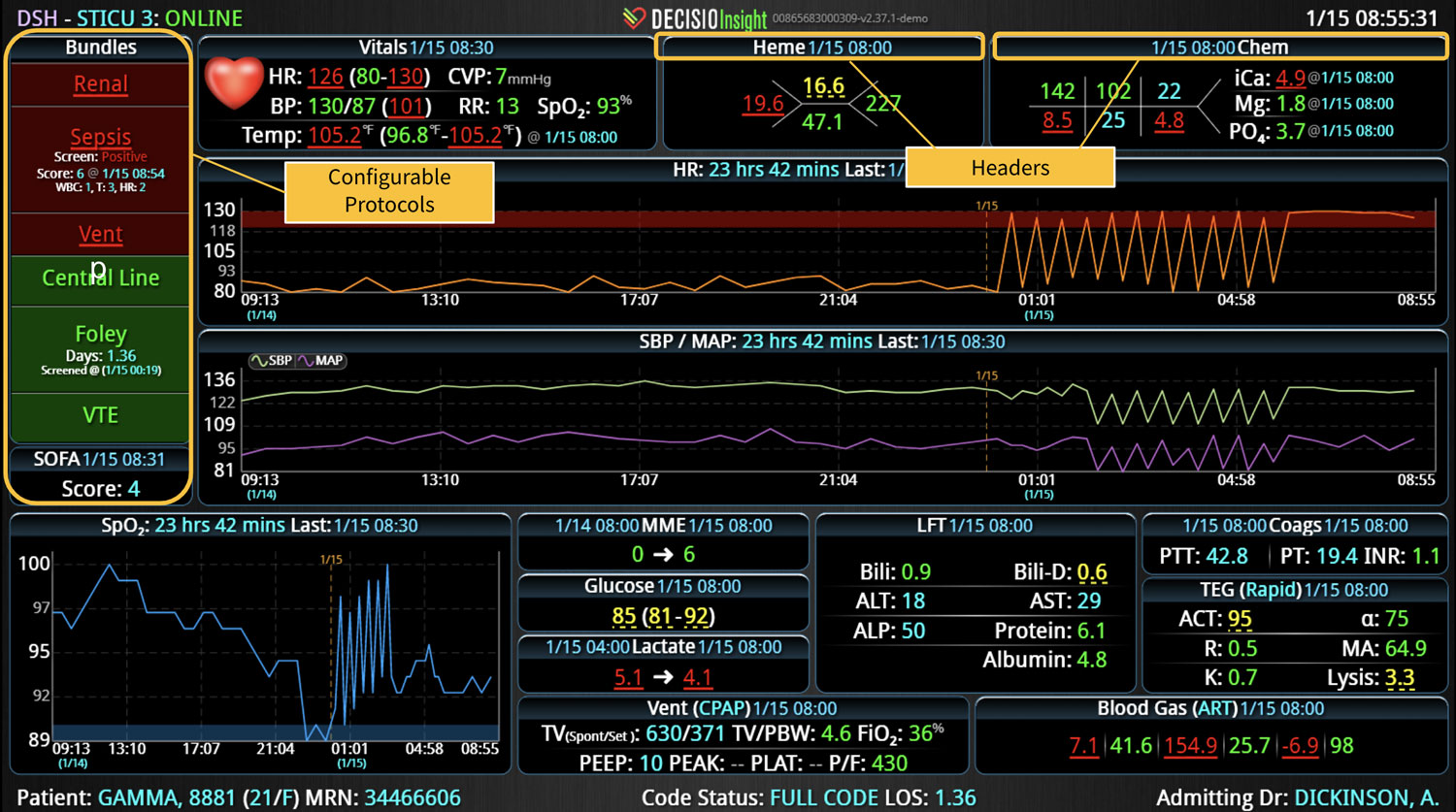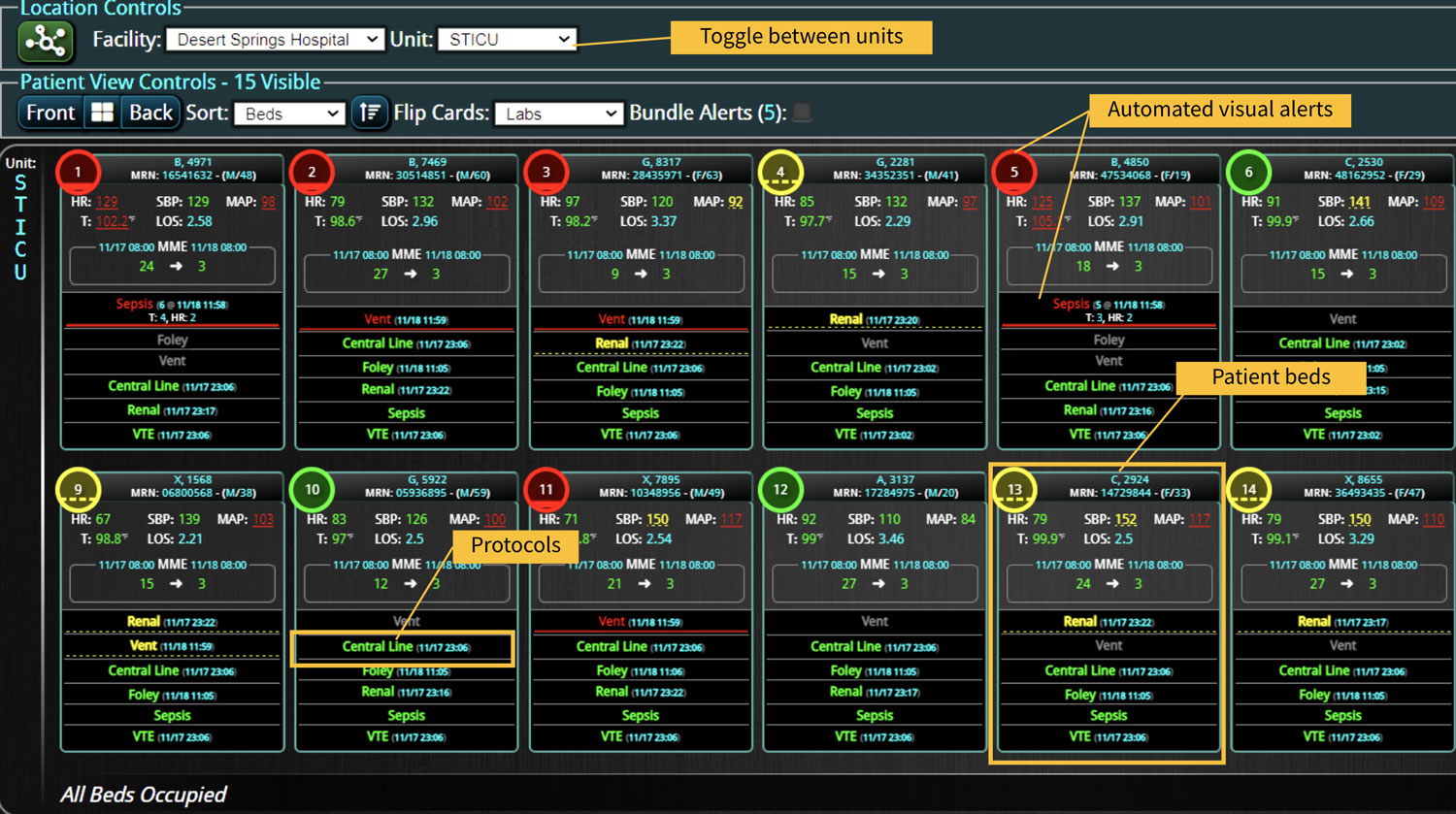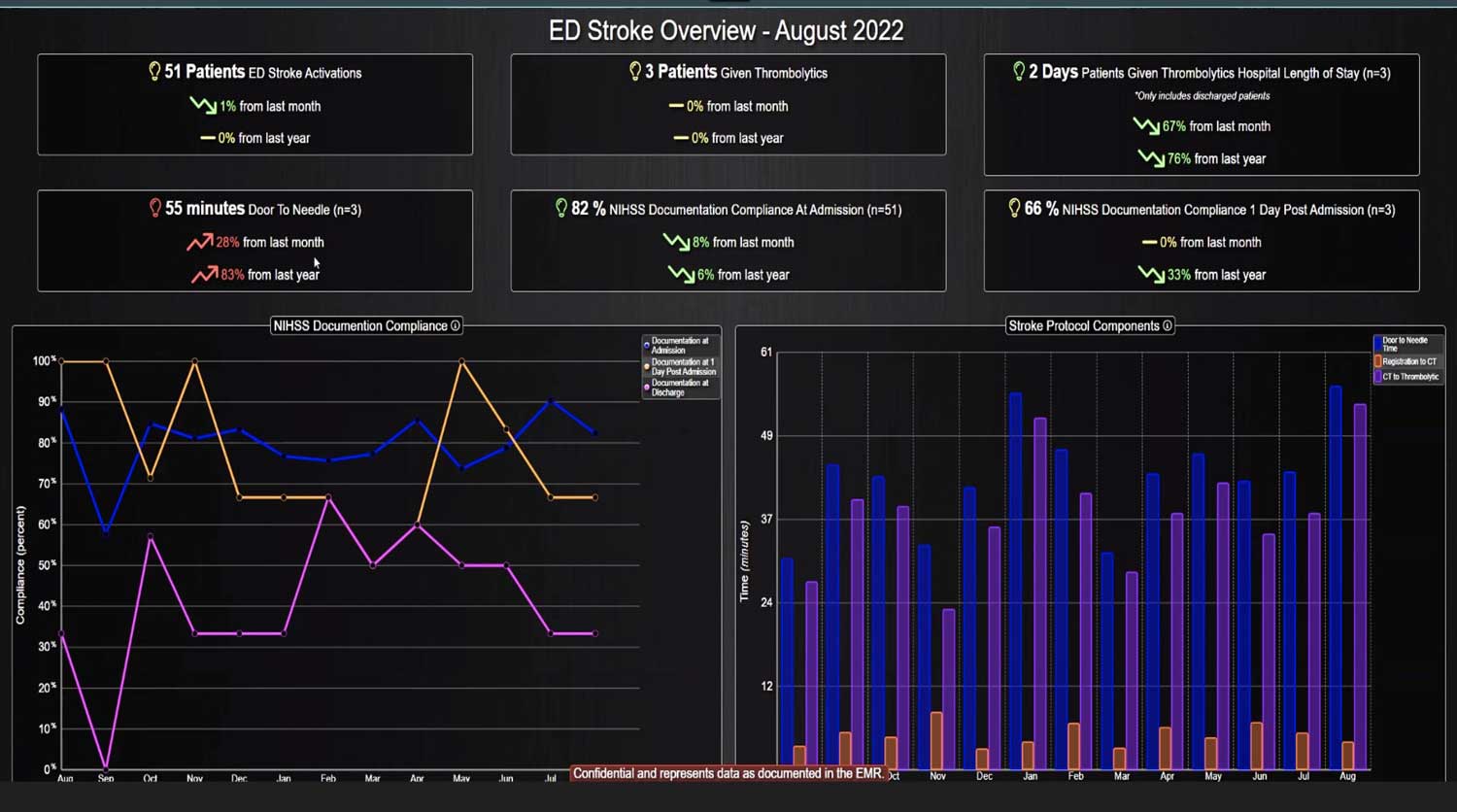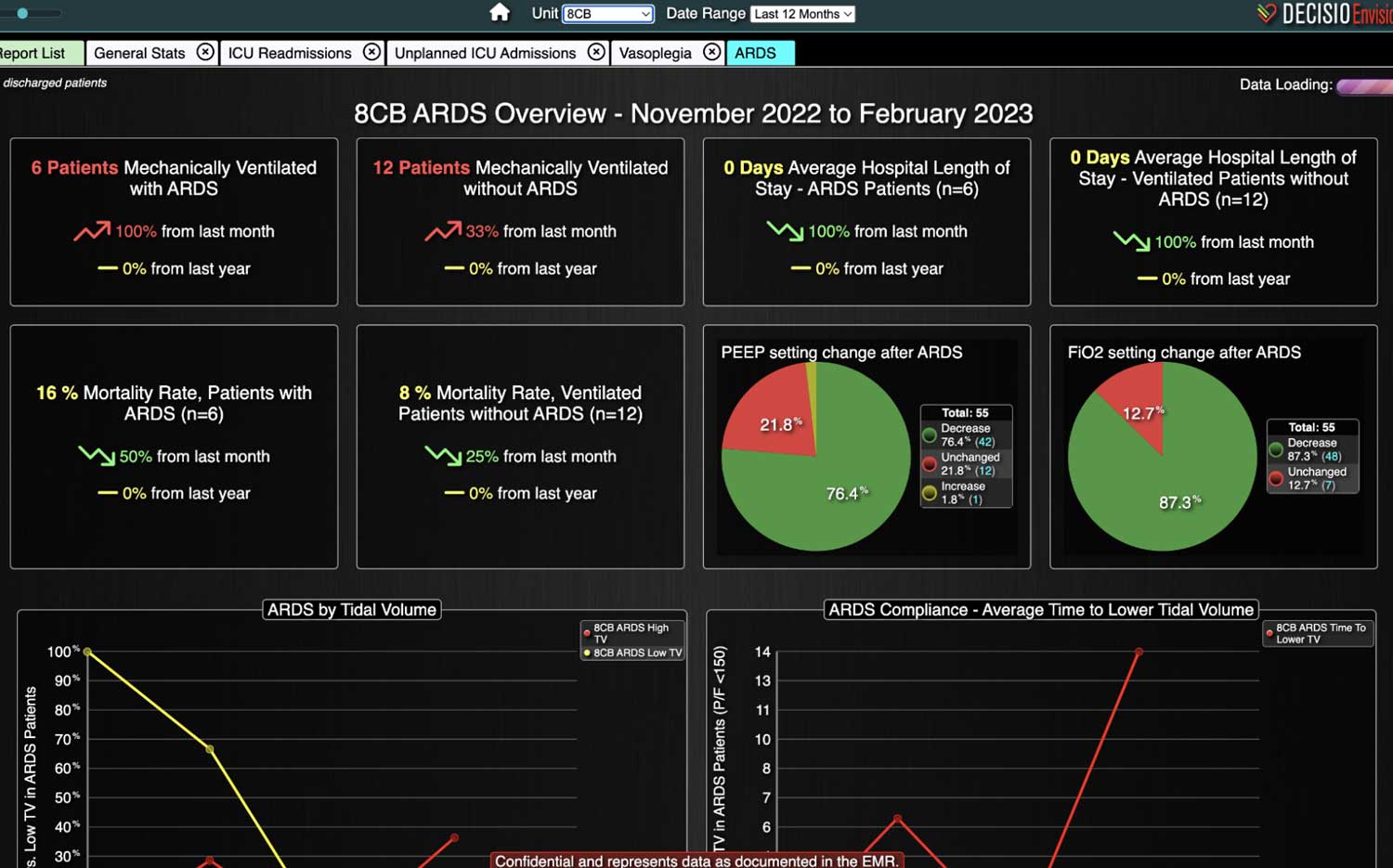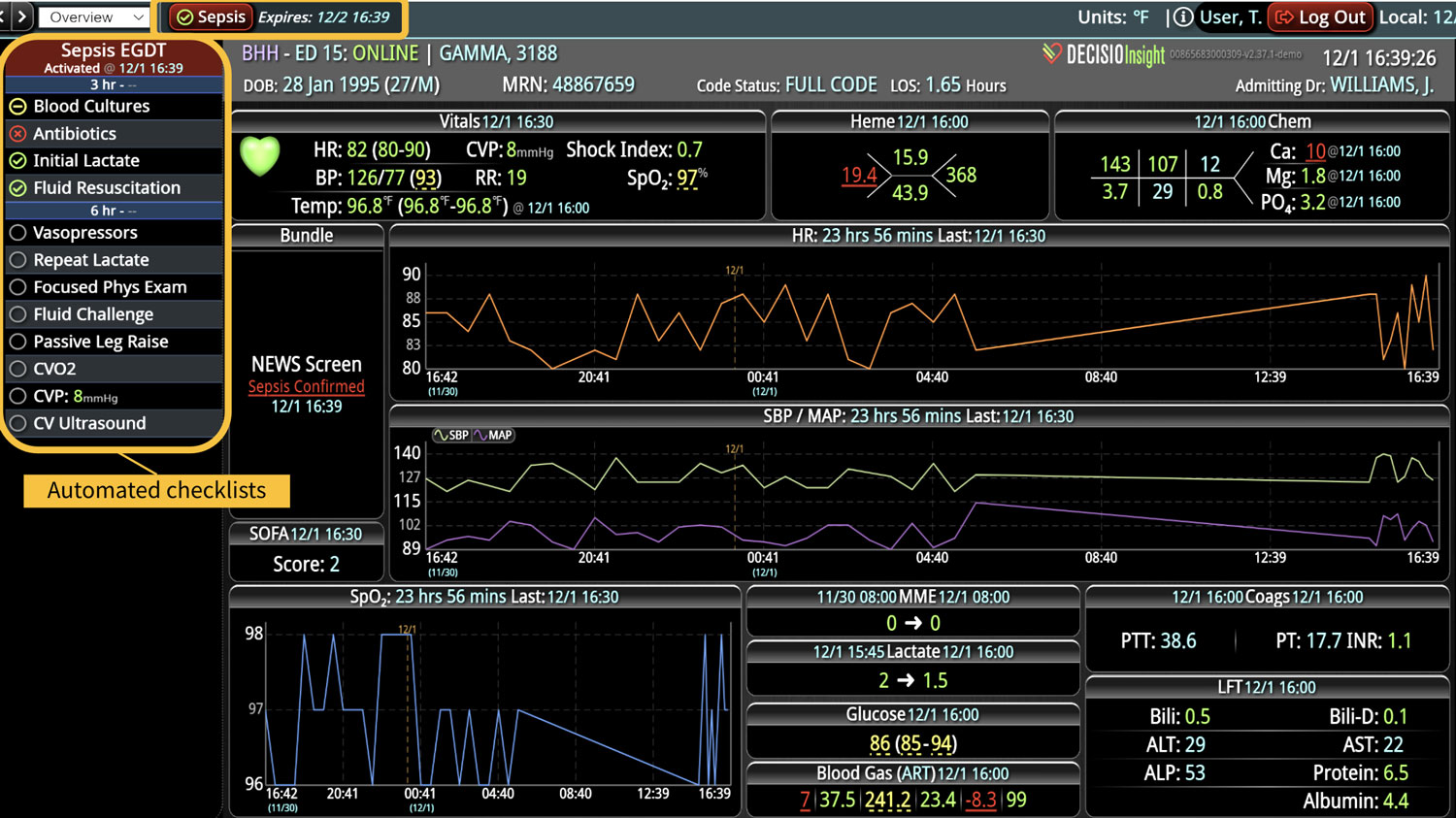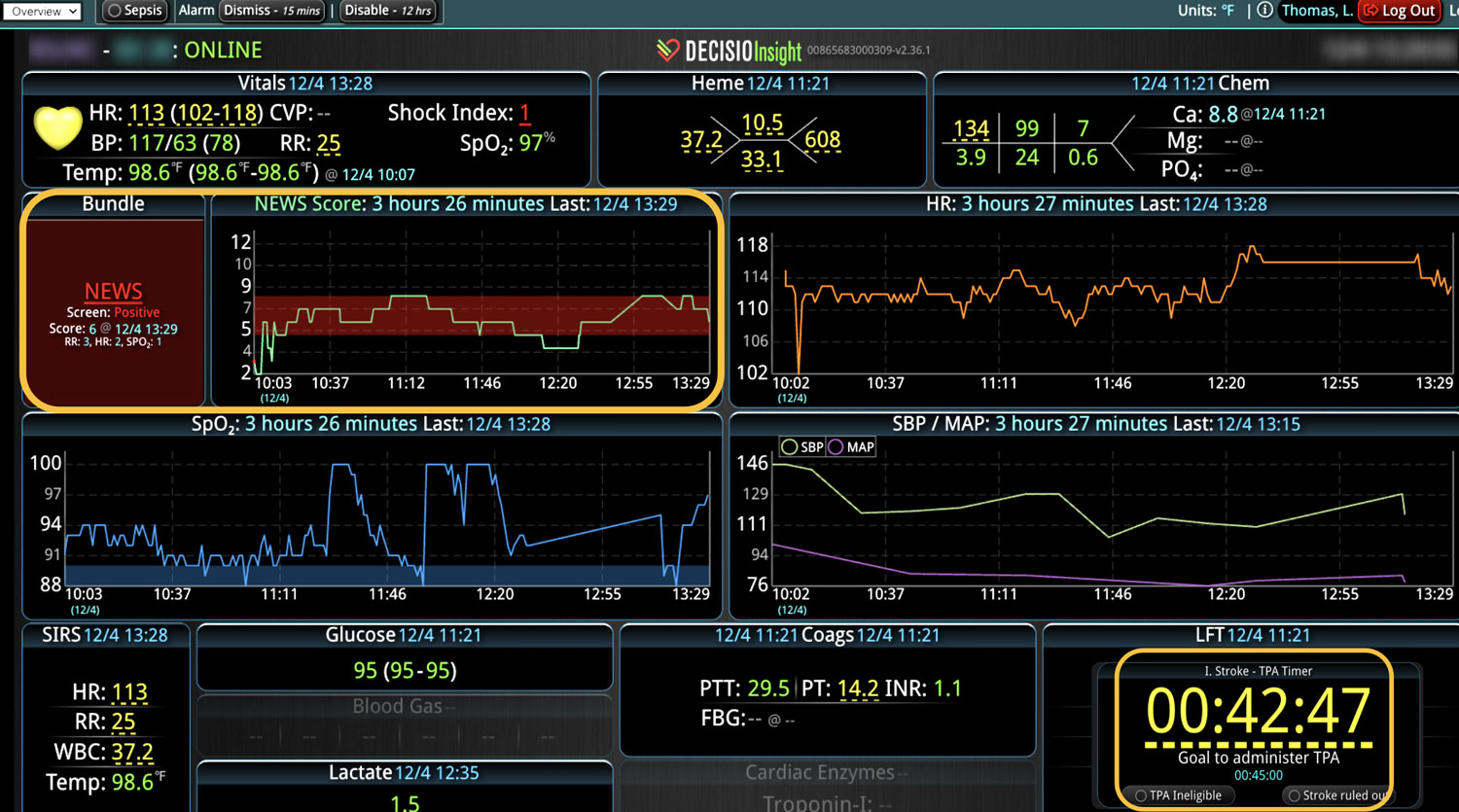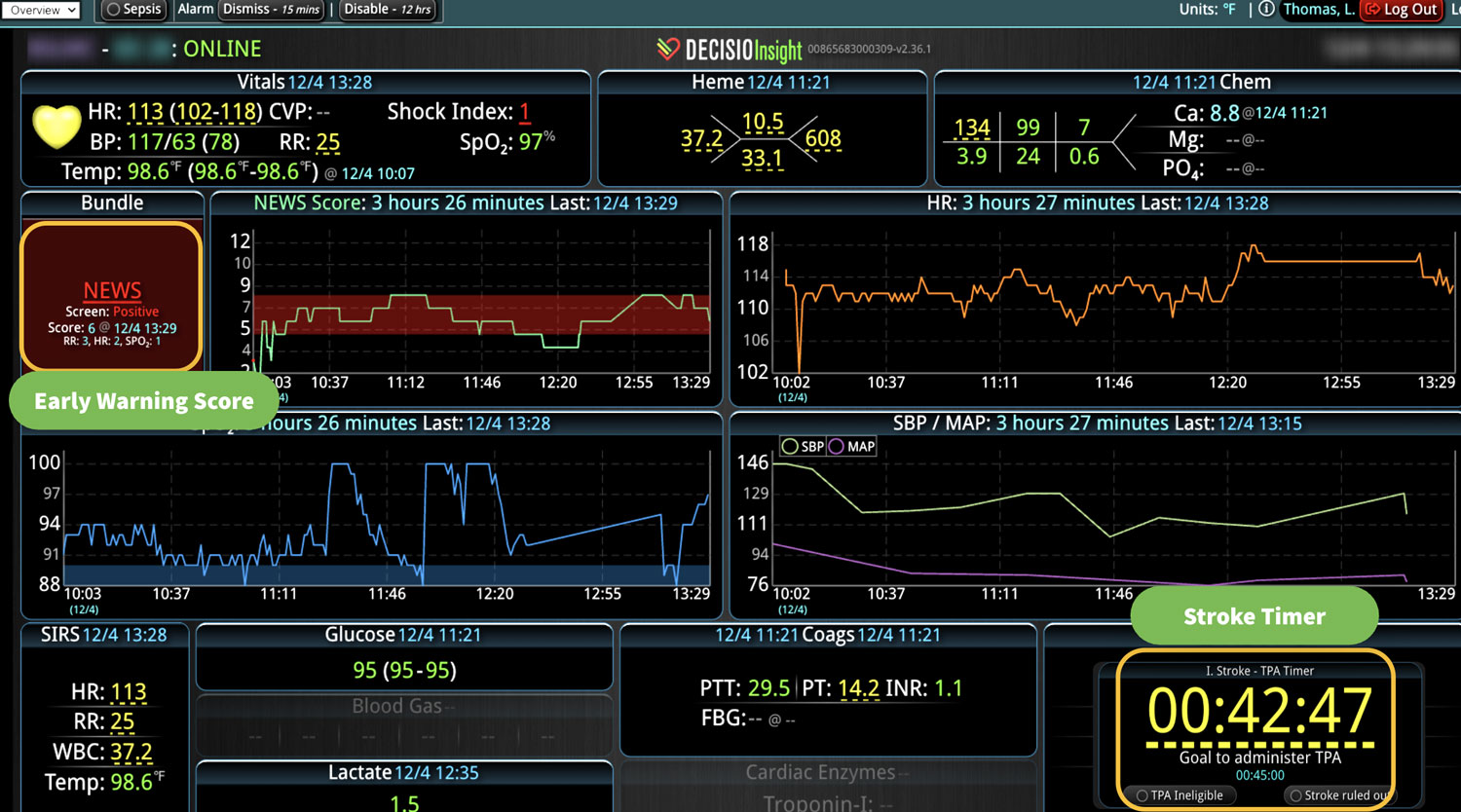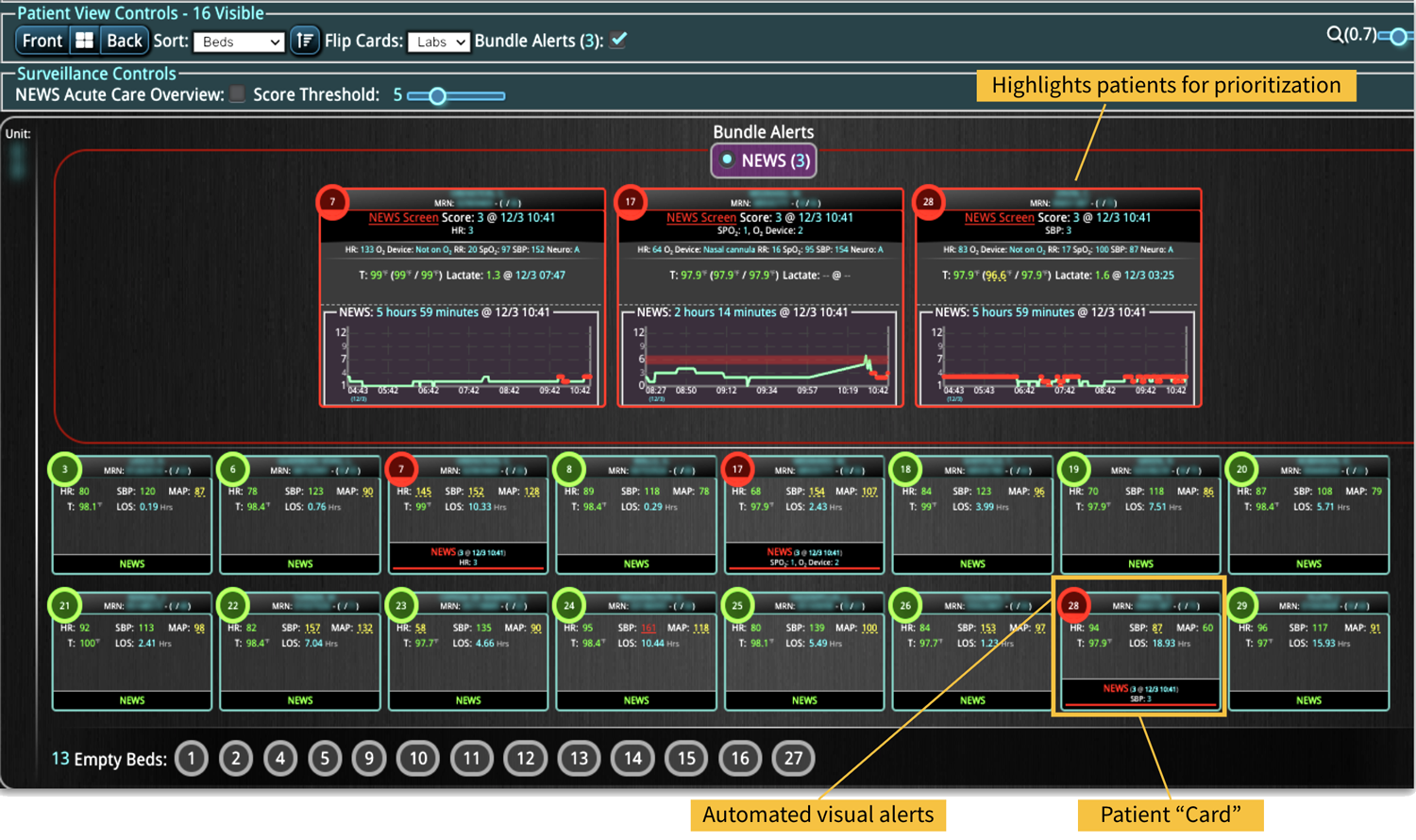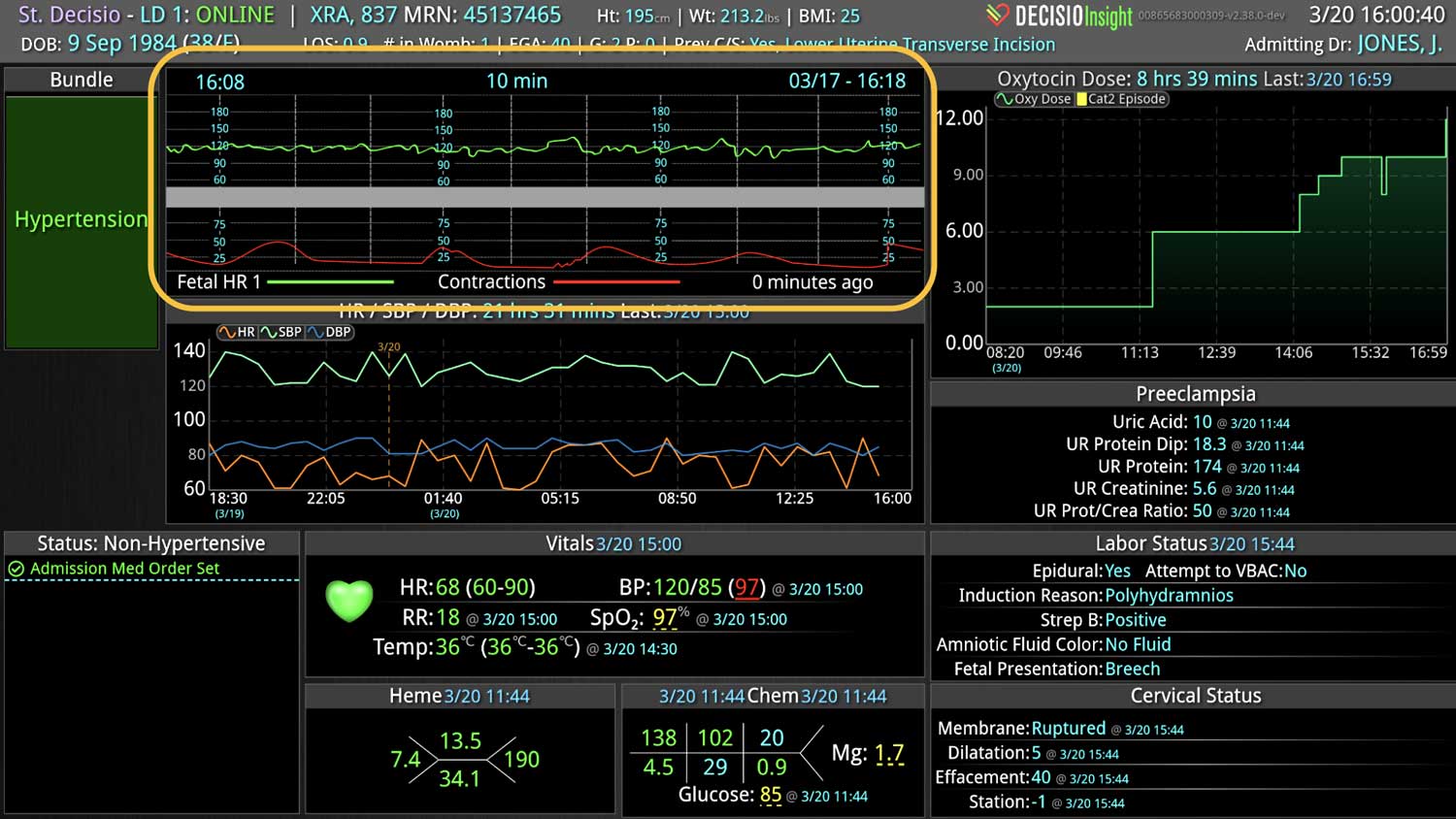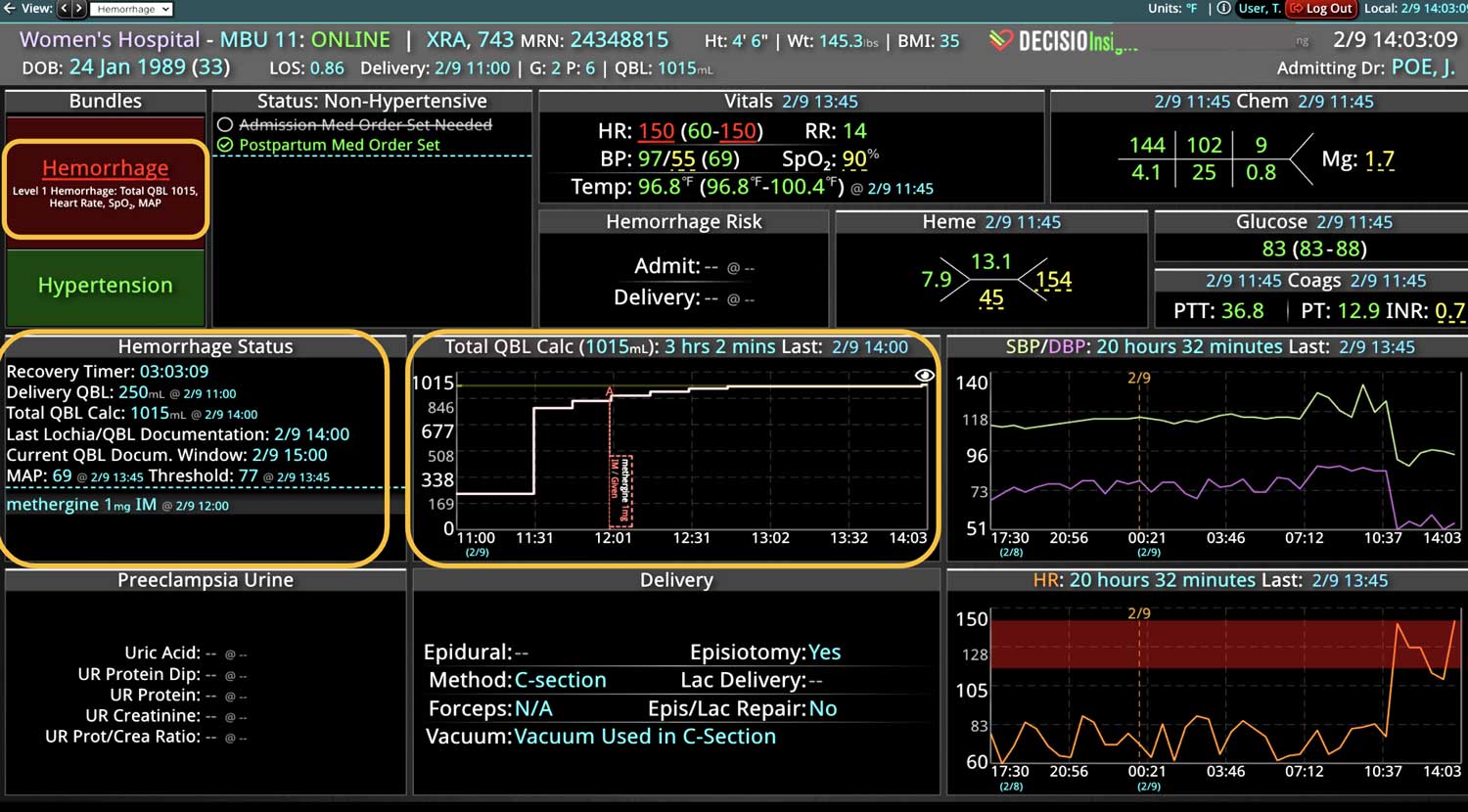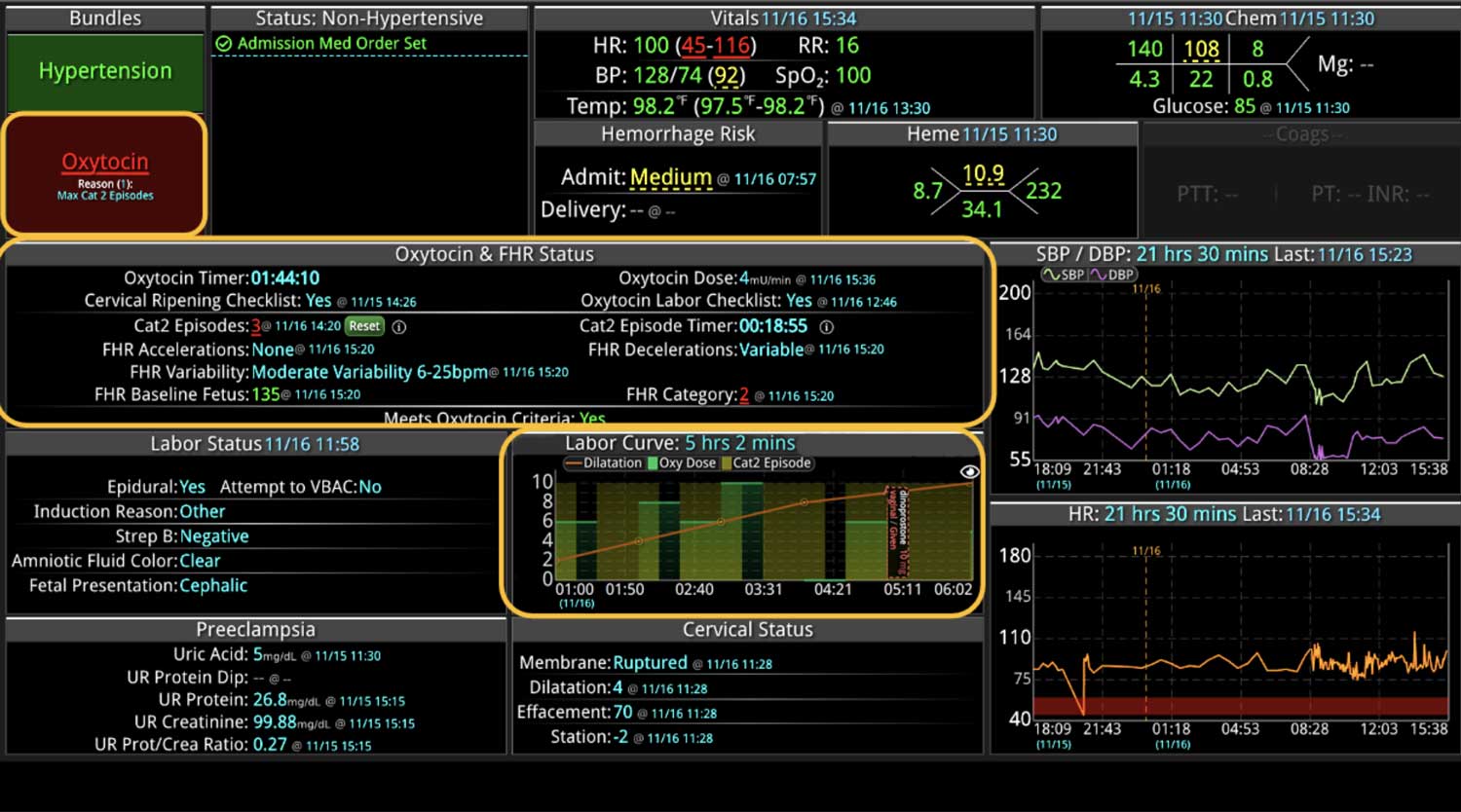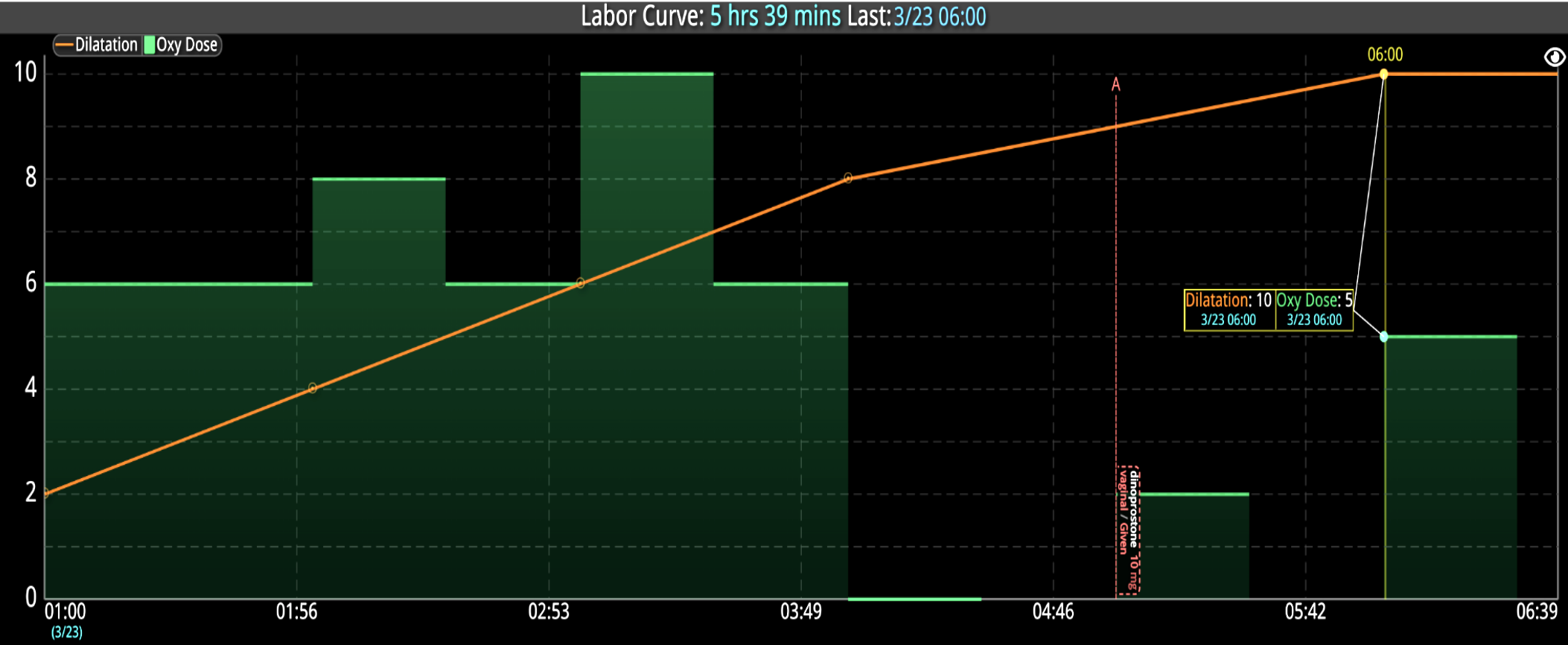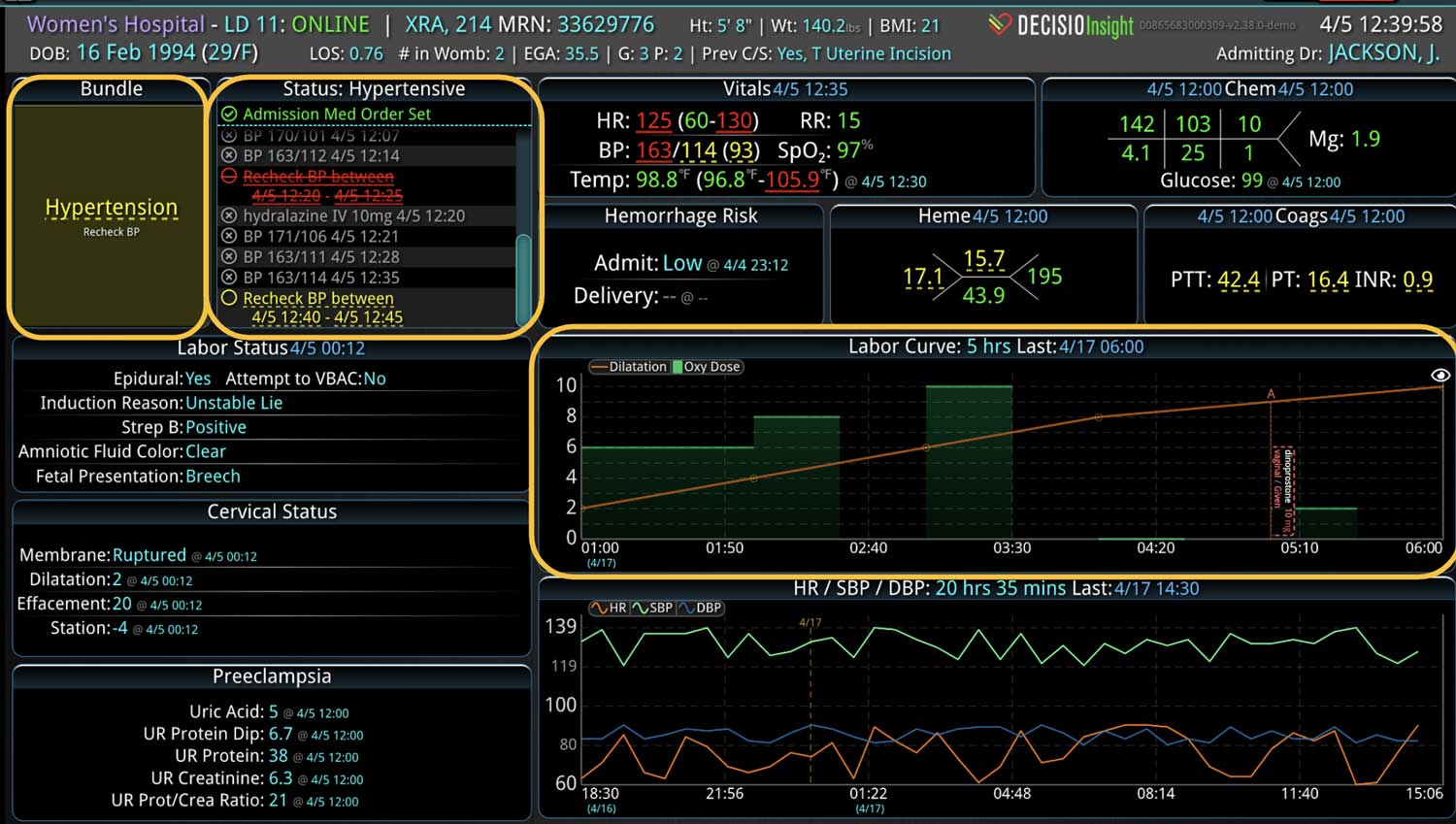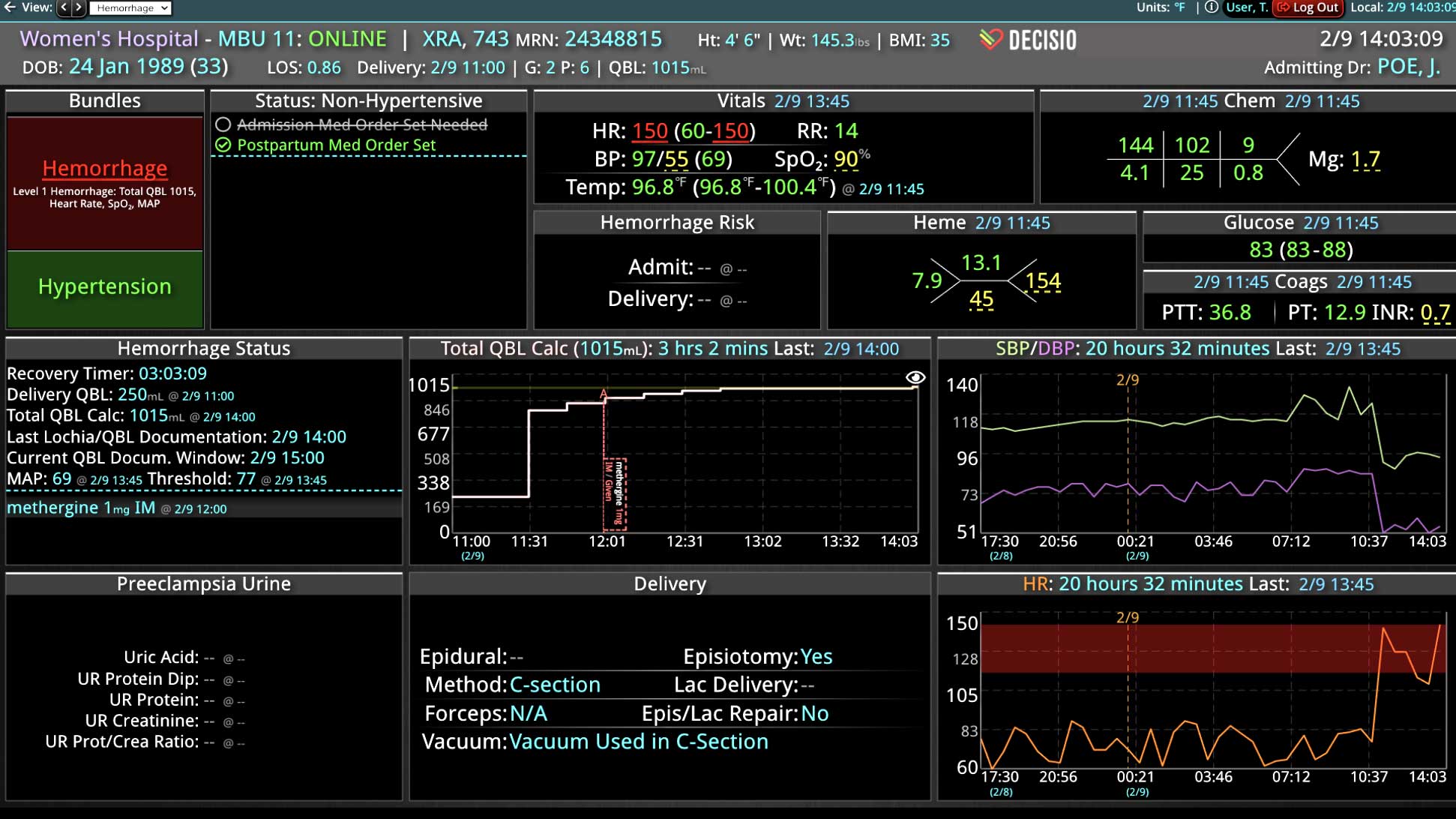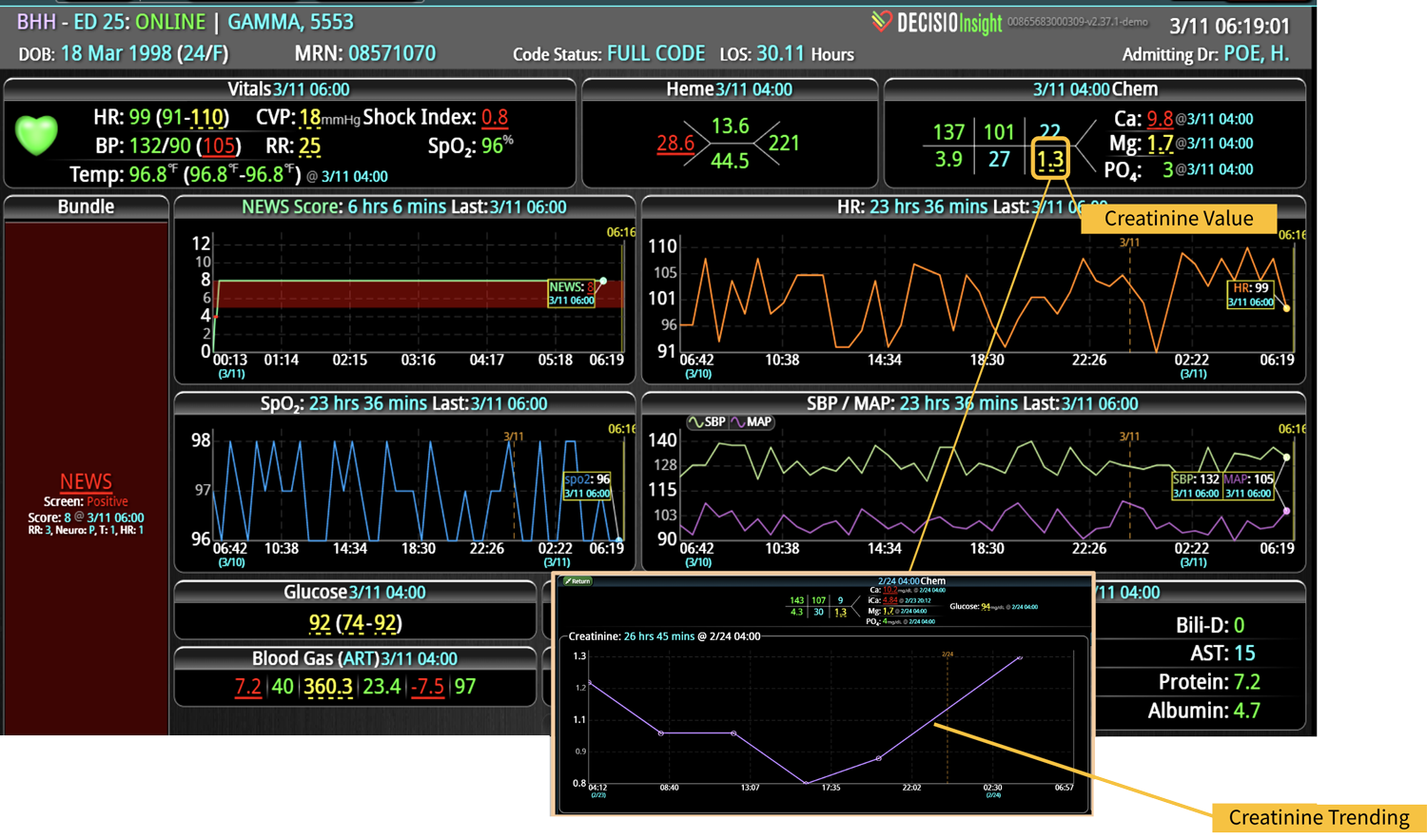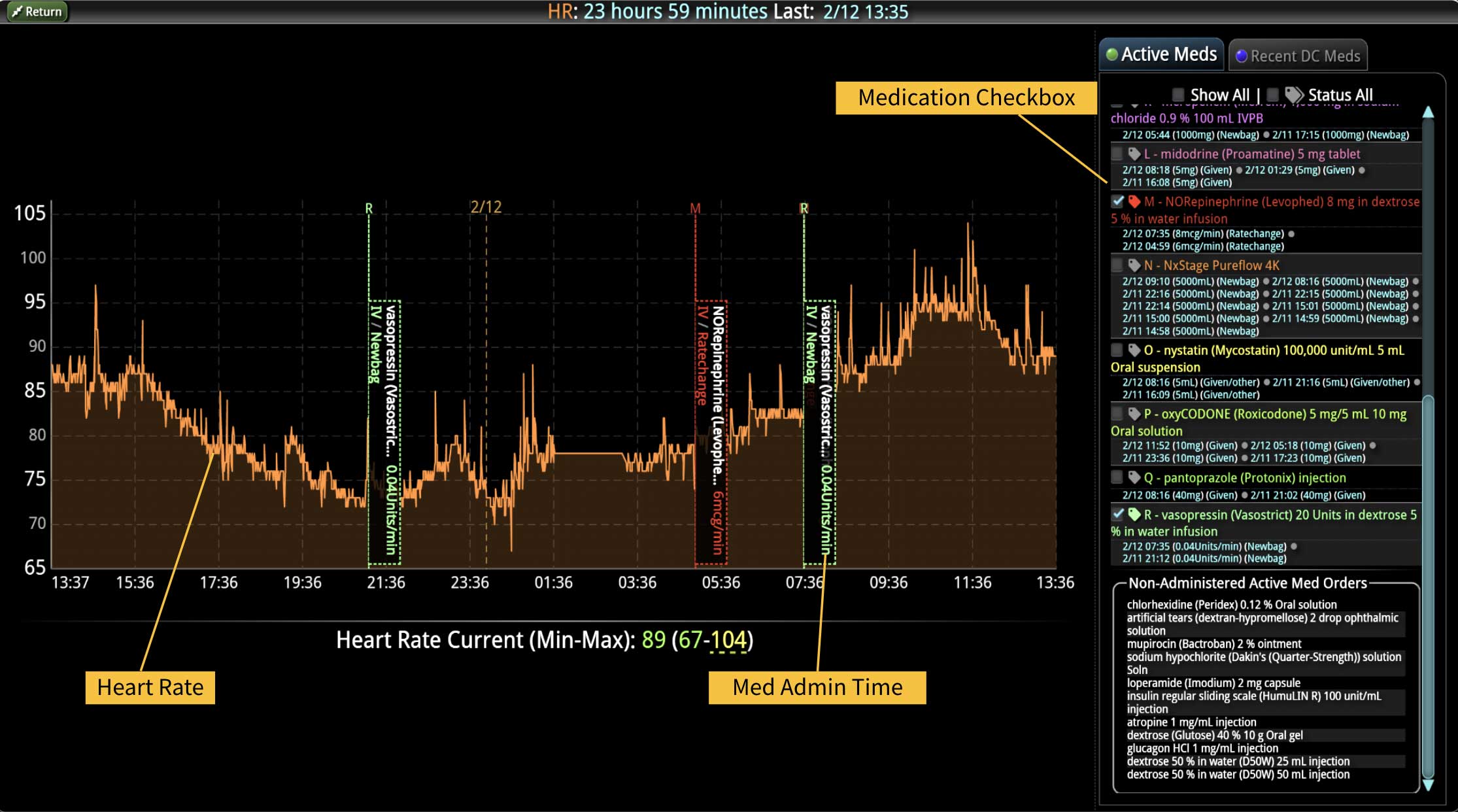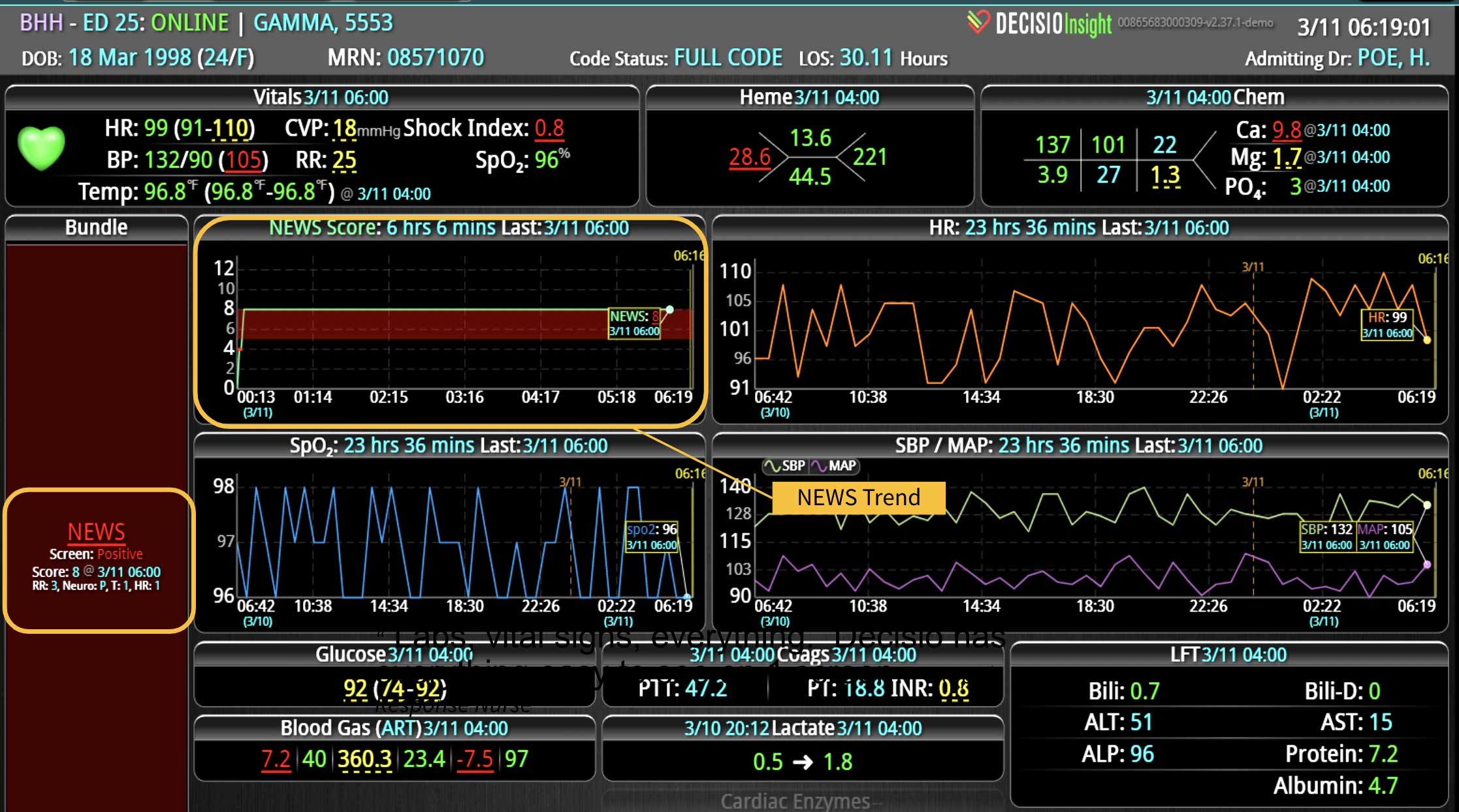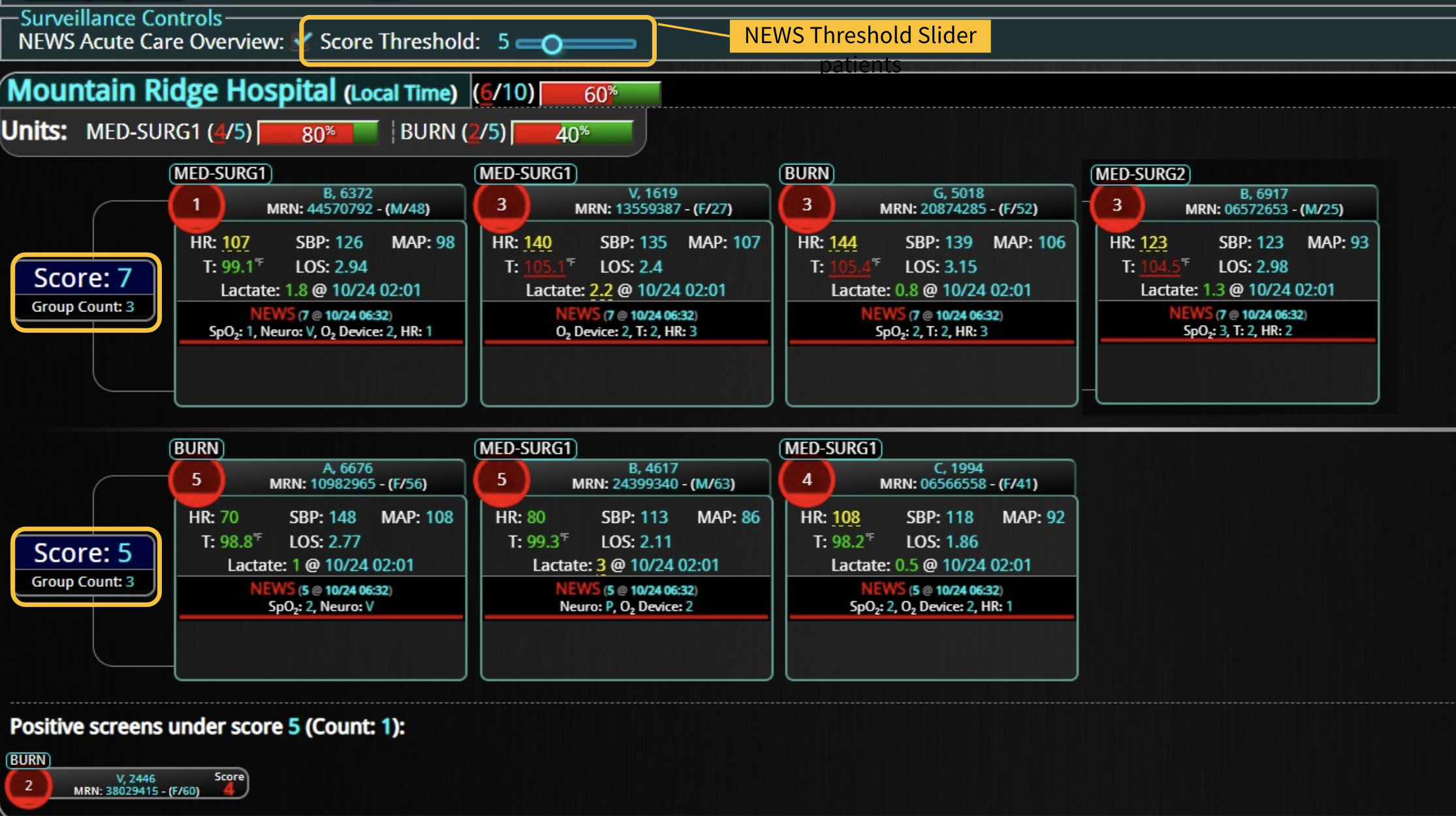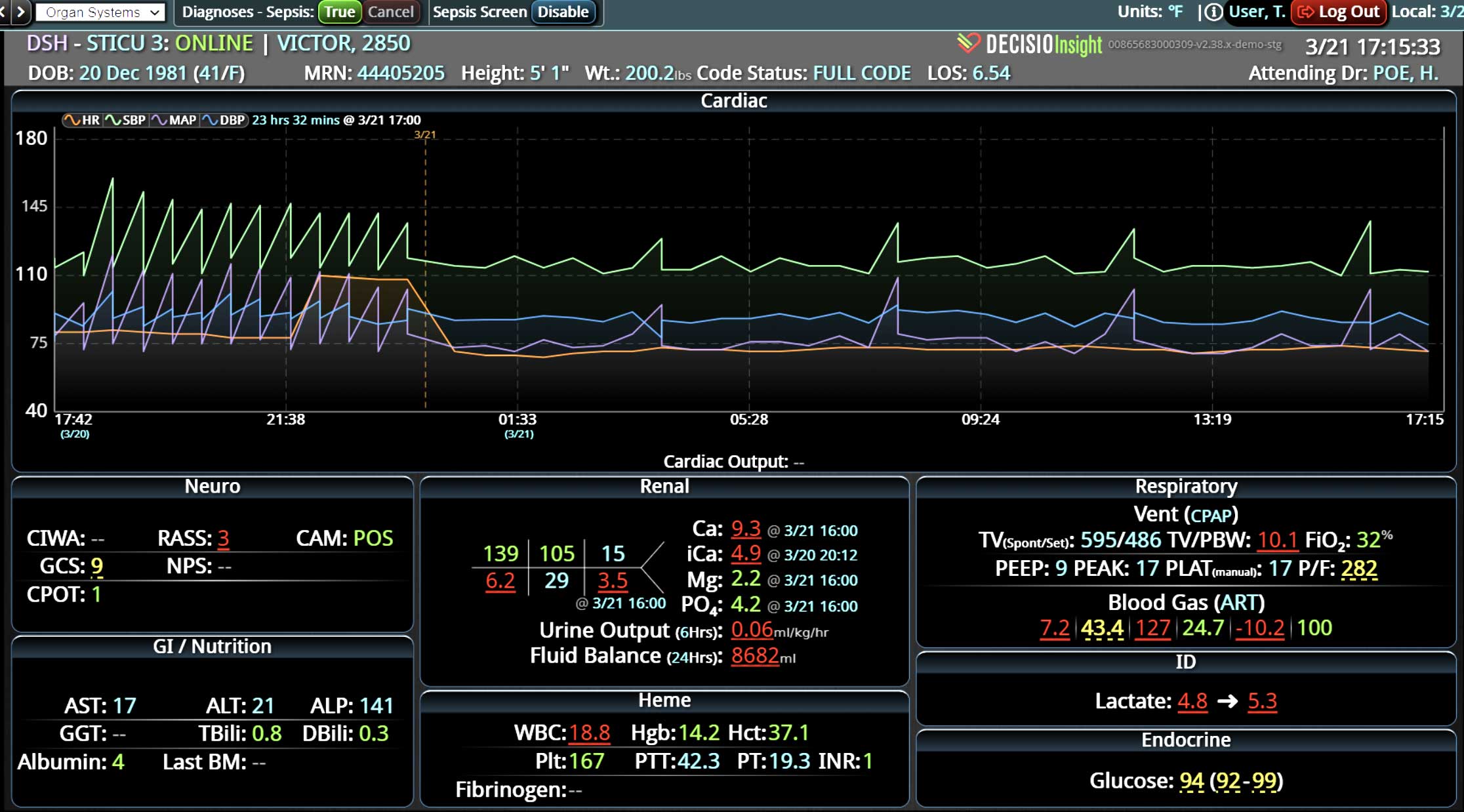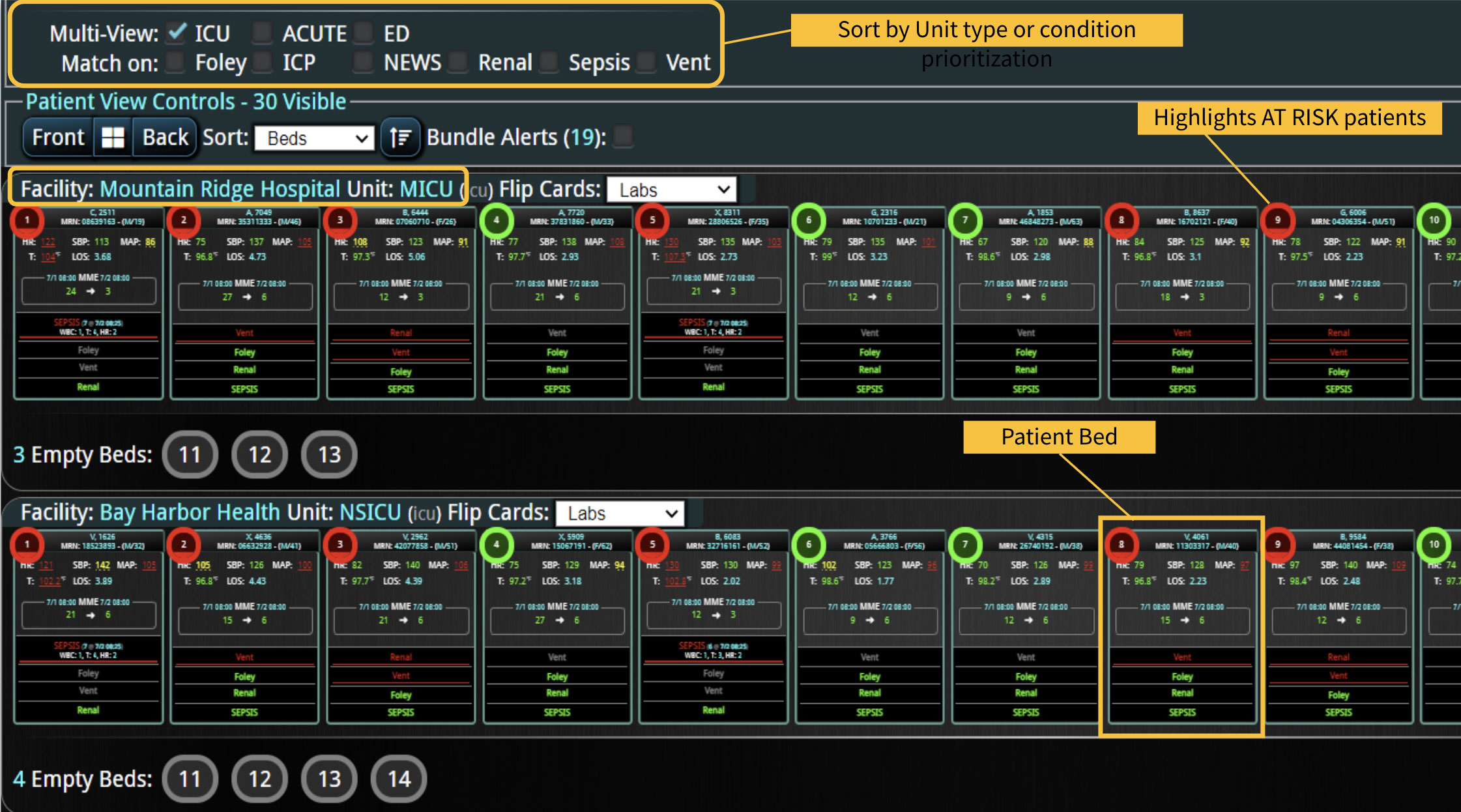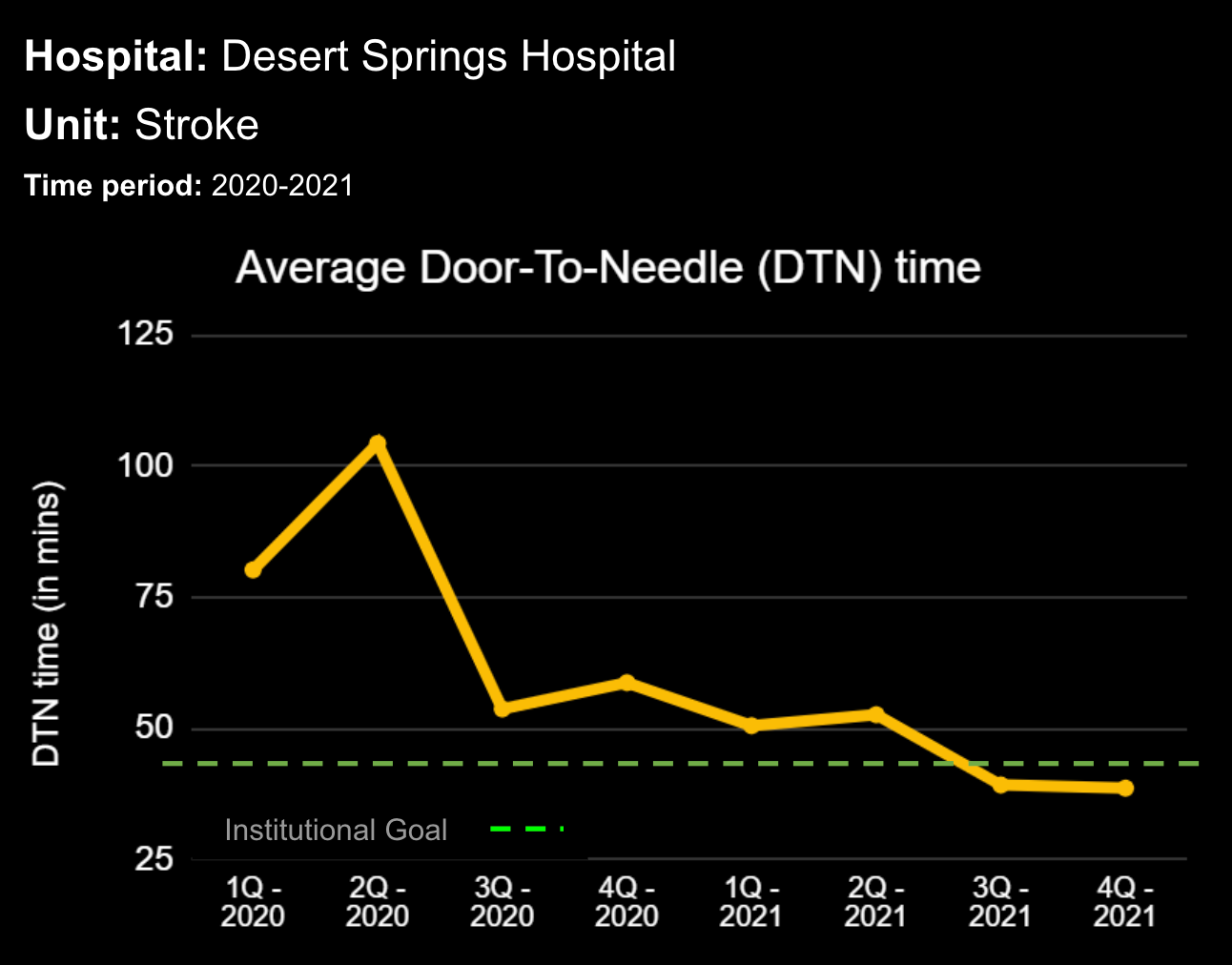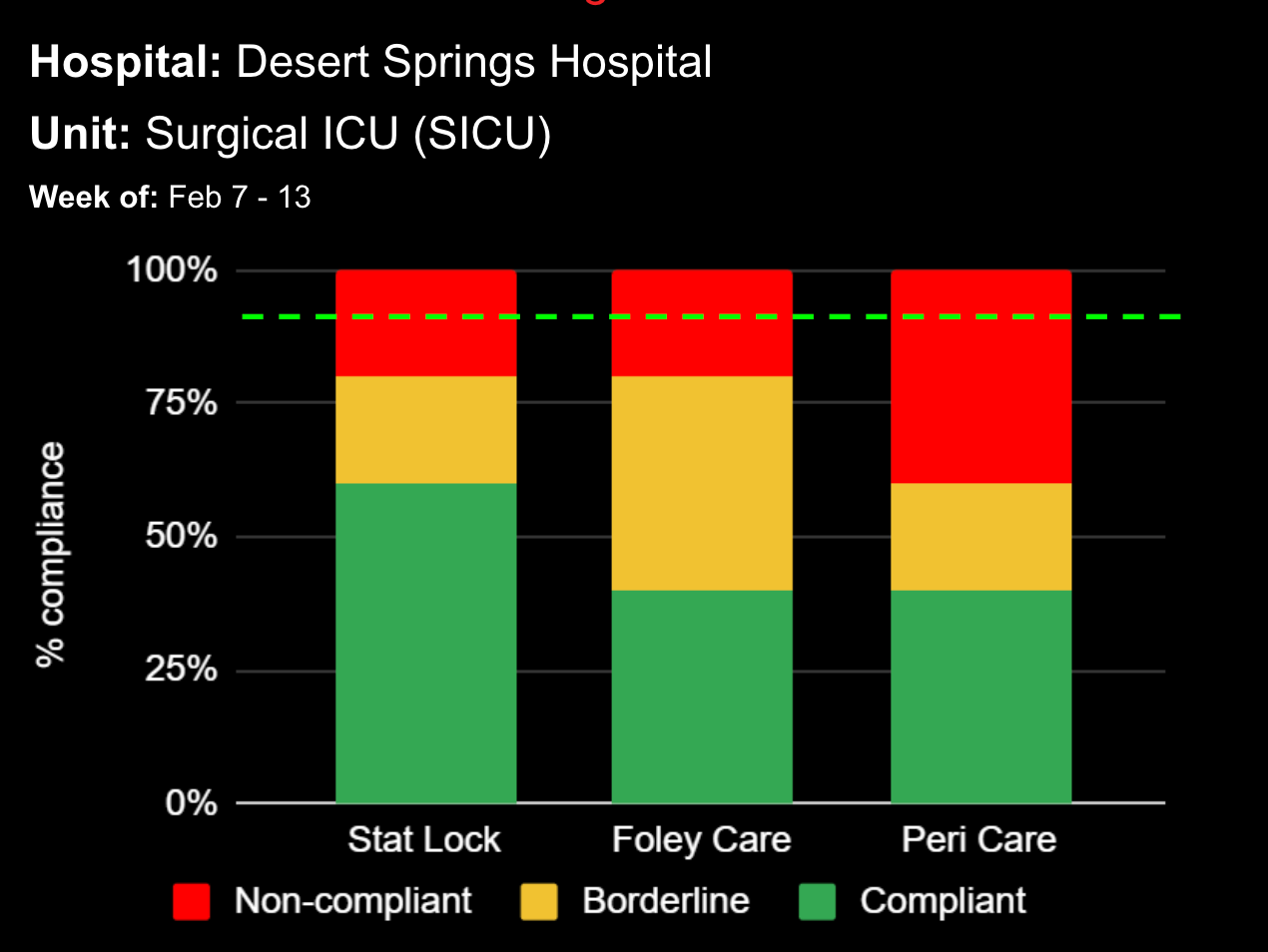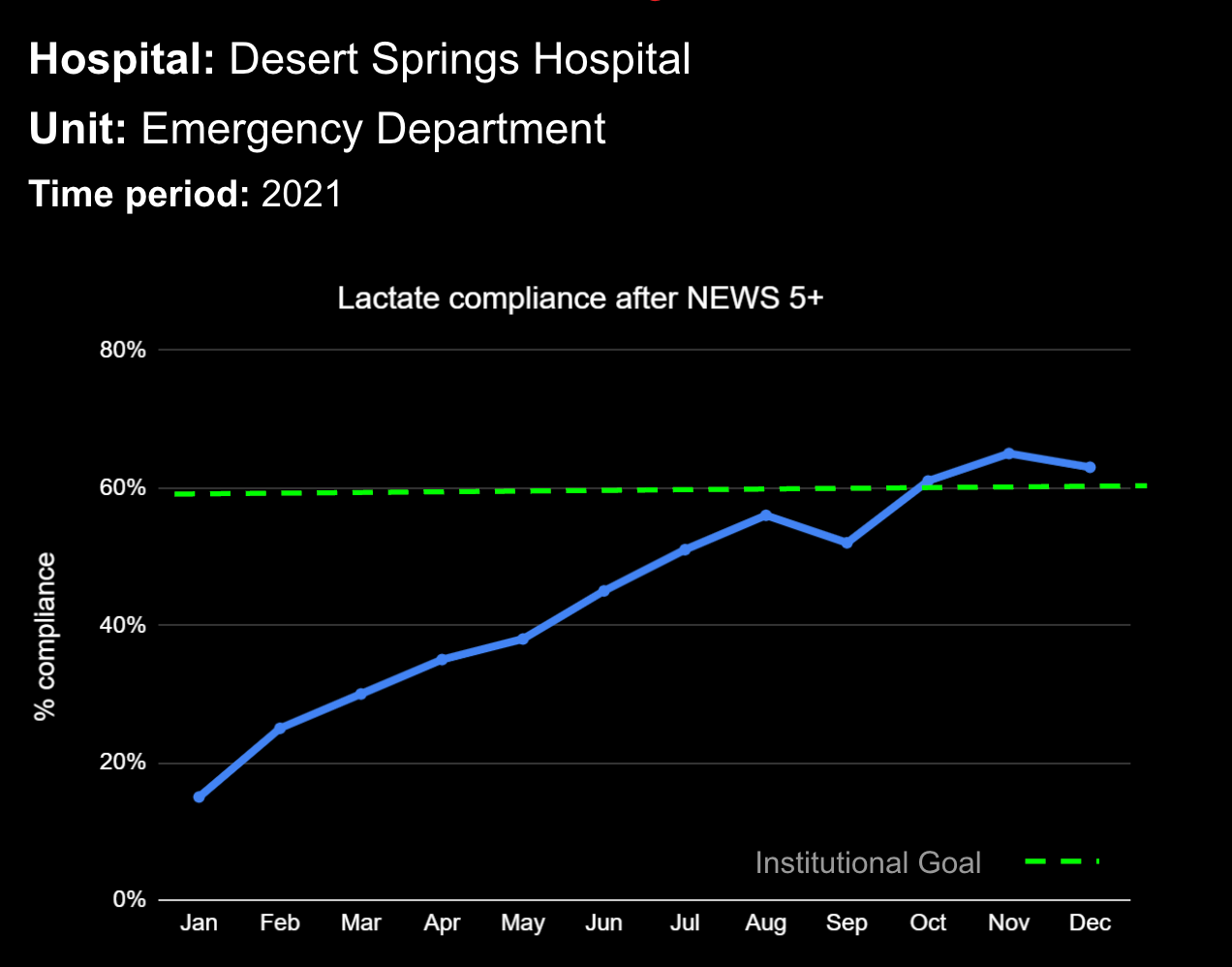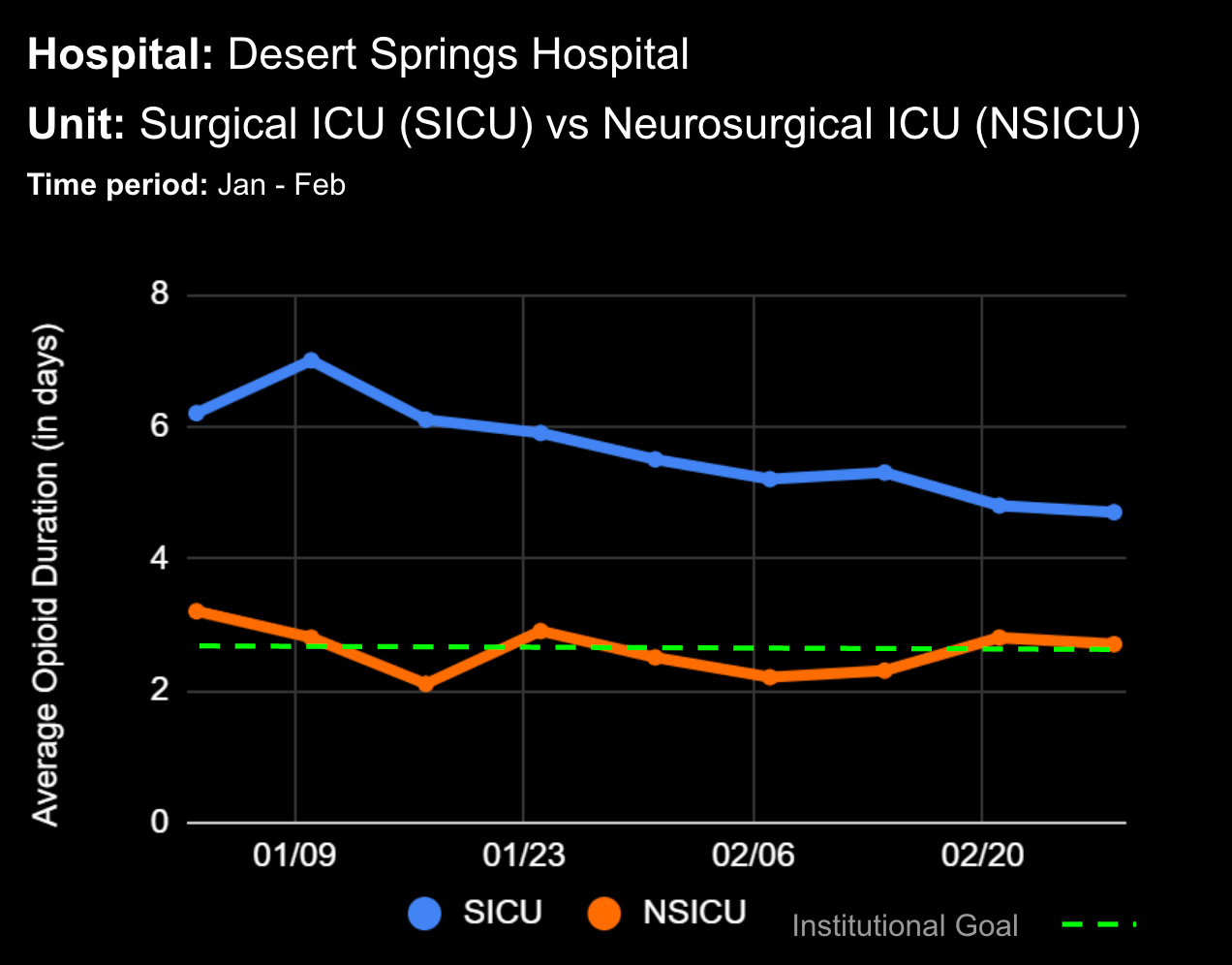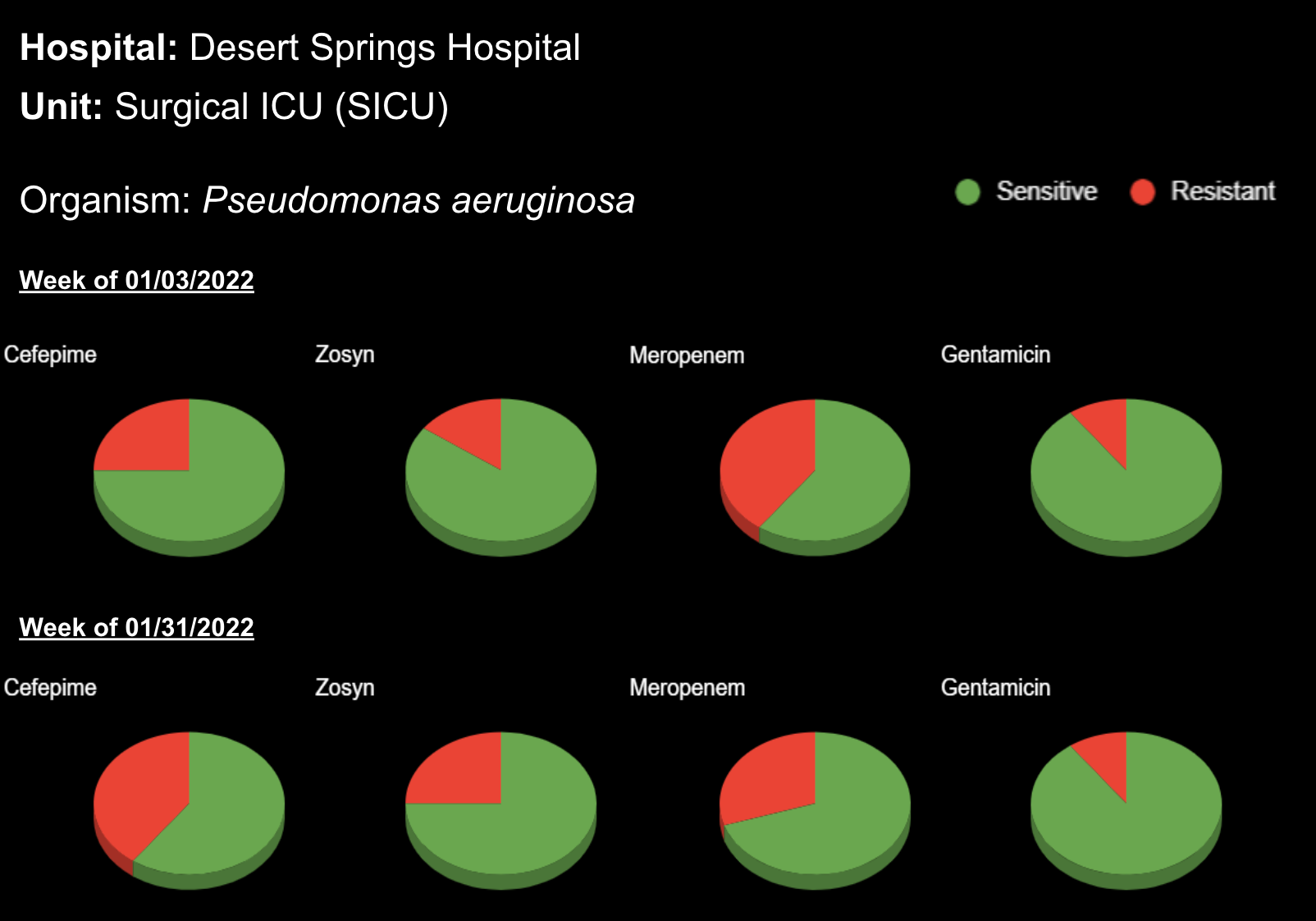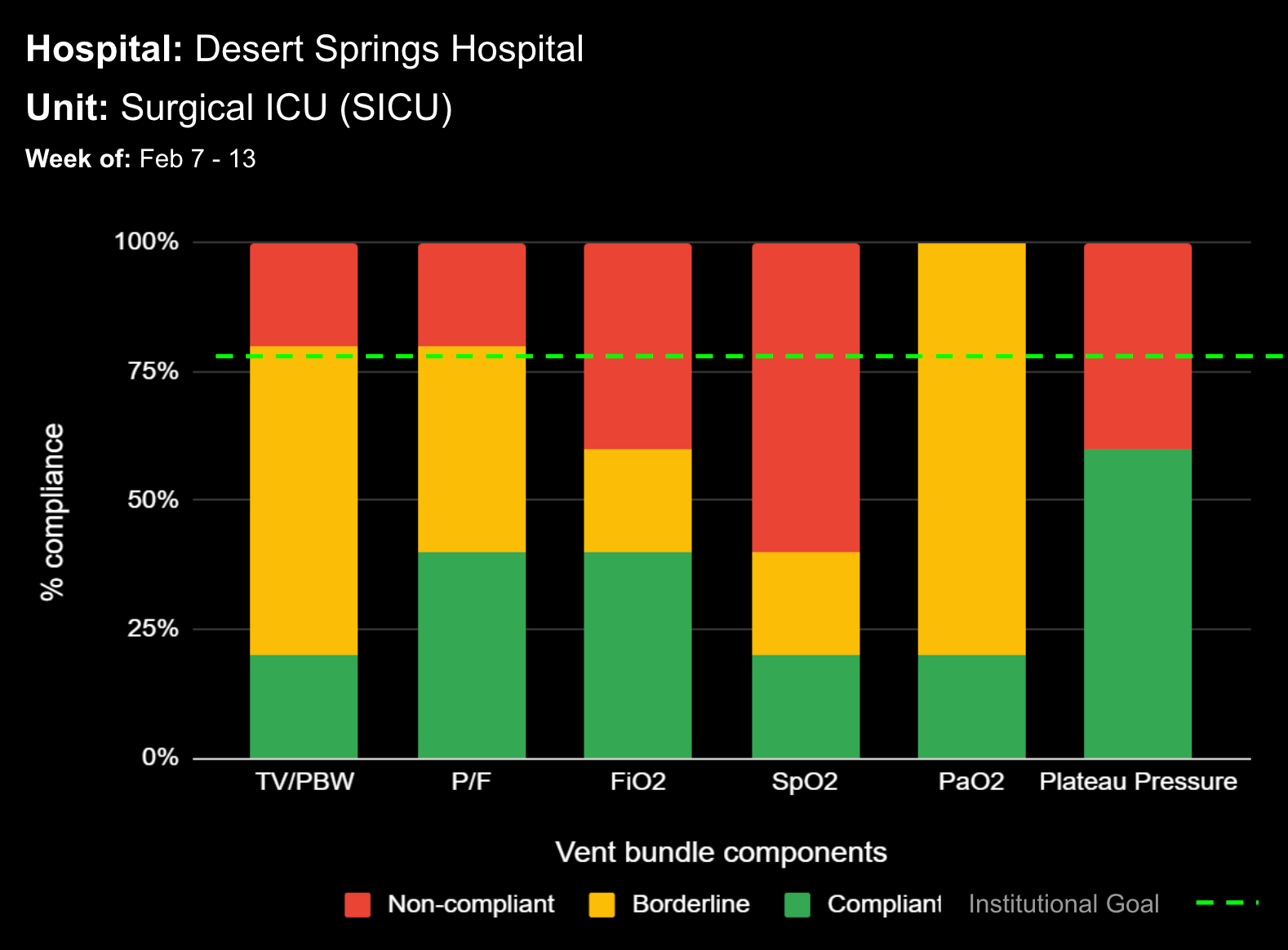13 Sep DECISIO® Health selected for the Houston Business Journal’s Innovation Awards
HOUSTON, Sept. 13, 2022 /PRNewswire/ -- Last month the Houston Business Journal announced DECISIO Health as a recipient of the Innovation Awards. The award honors Houston's most innovative companies at the fourth annual Innovation Awards. More than just a startup/tech awards program, Houston Business Journal recognizes innovation across all industries and all facets of business. The evaluation criteria ensures that all companies, regardless of industry, domain or innovation type can clearly communicate, affirm and support their nomination. DECISIO Health will be featured in a special section of the Houston Business Journal's September 23rd weekly edition. DECISIO recently gained a patent related to a computer program product providing a novel patient dashboard system in a hospital setting. The flagship product, InsightIQ™, reduces clinical variation, improves outcomes while decreasing costs with digitized bundles of care that prioritizes clinicians' attention to at-risk patients requiring early intervention. "We are excited and honored to receive this award. We feel this reflects the passion our company has for improving patients' outcomes and our customers' confidence in our products." said Co-CEO Dr. John Holcomb. About DECISIO ® DECISIO is a Houston-based digital health company with a customizable clinical decision support platform designed to aggregate and prioritize near real-time data, from any device, and present it visually in one place. The...



